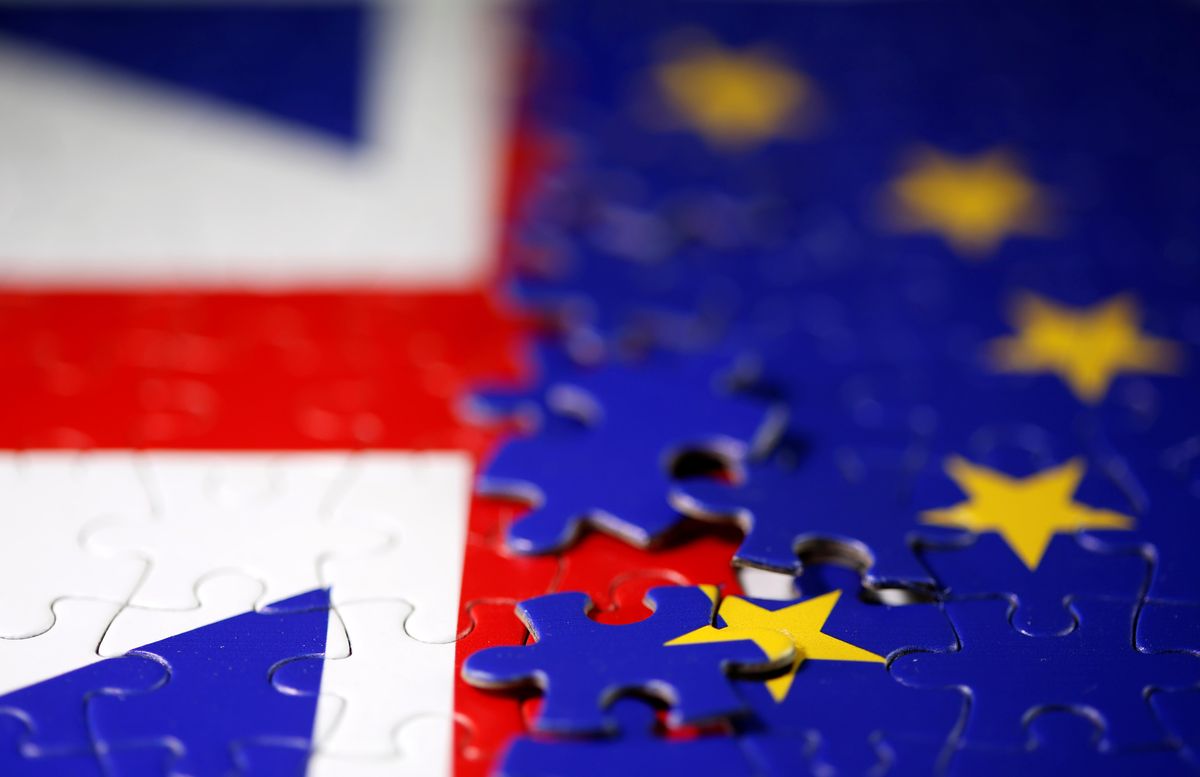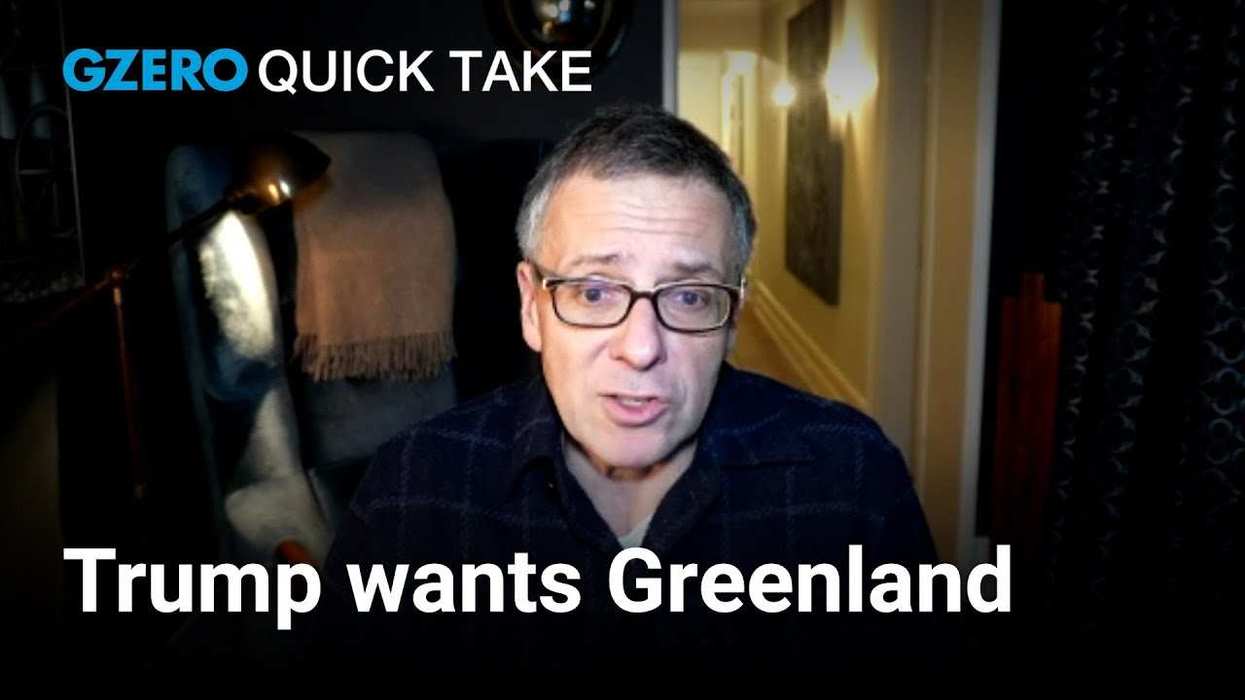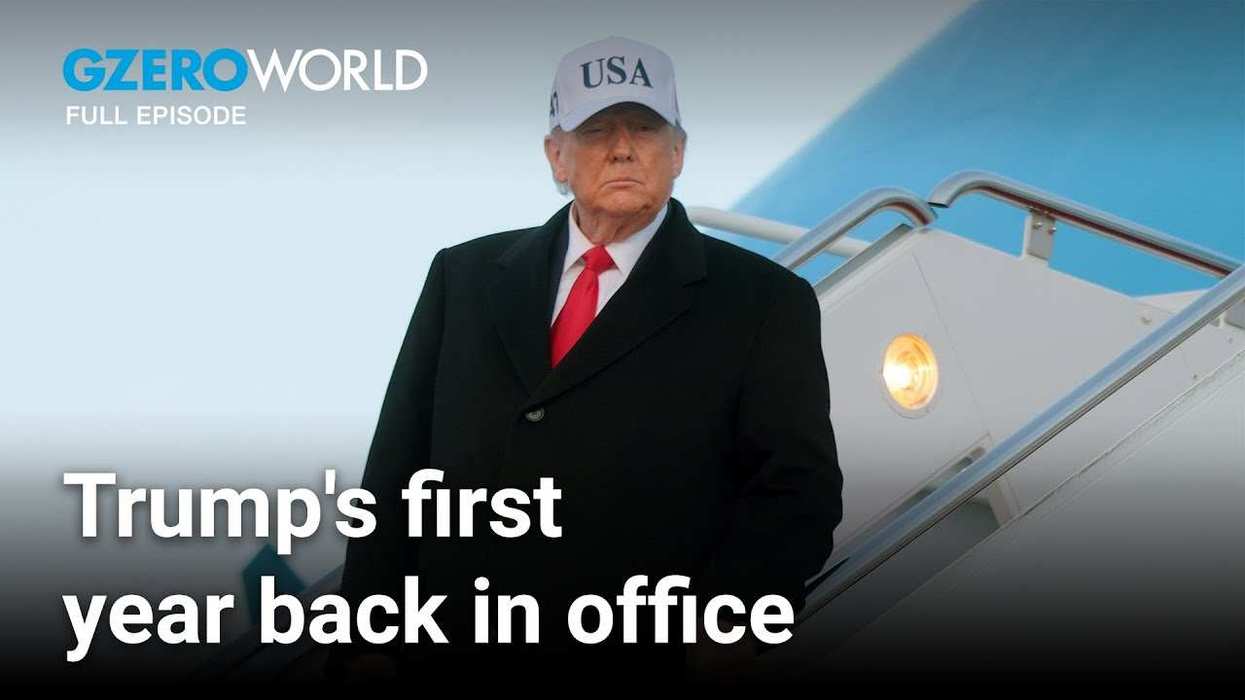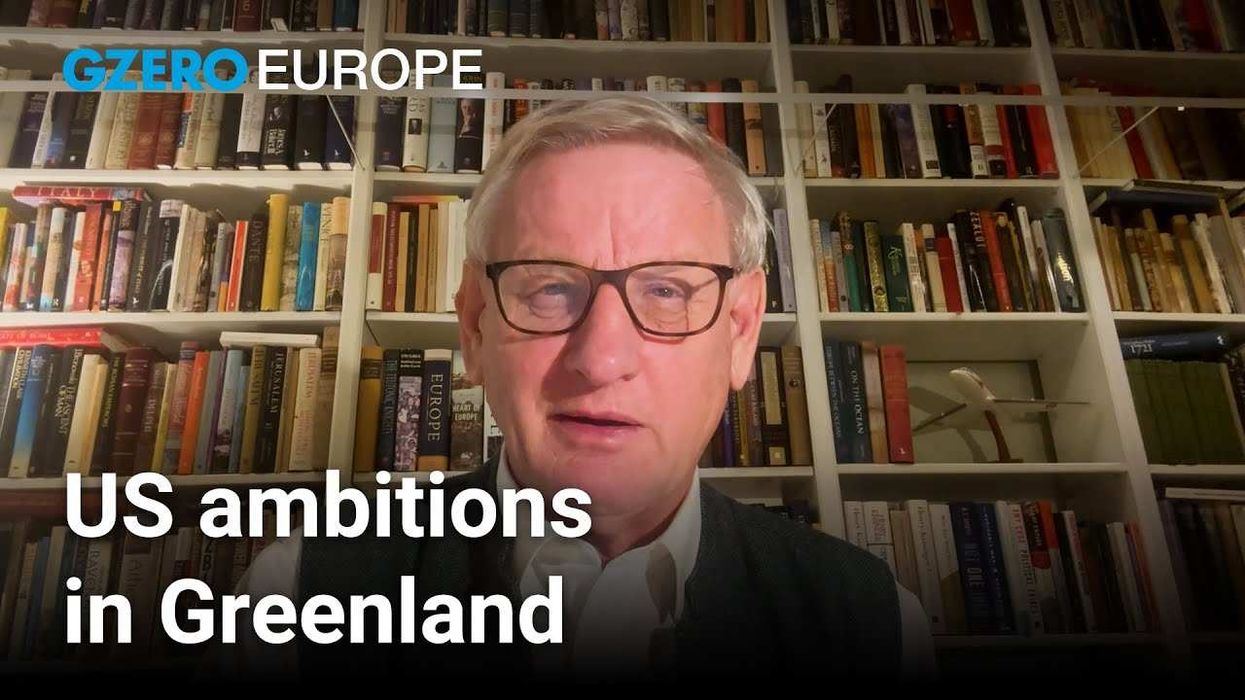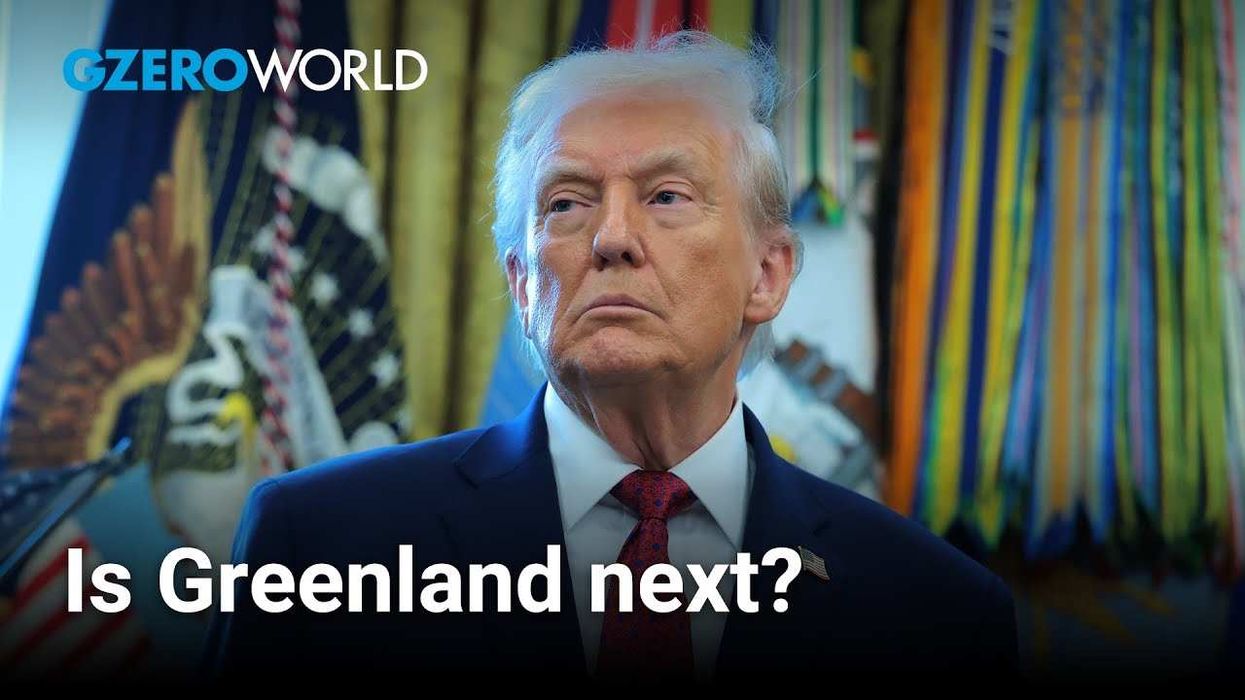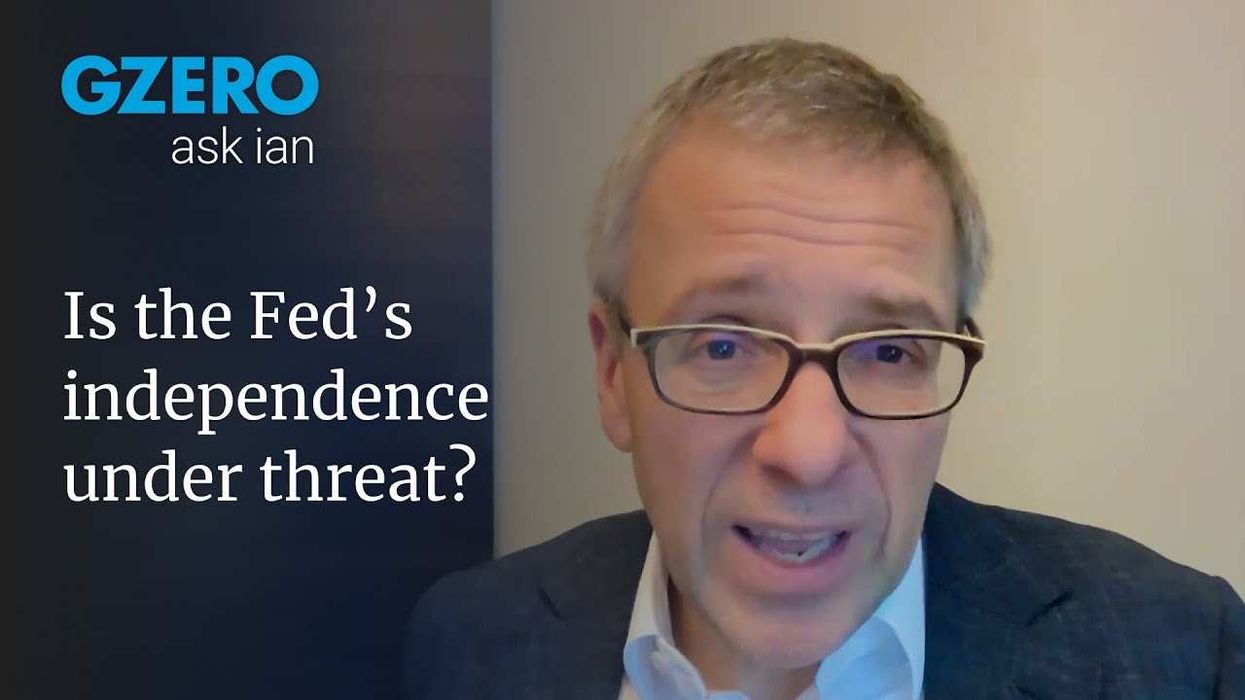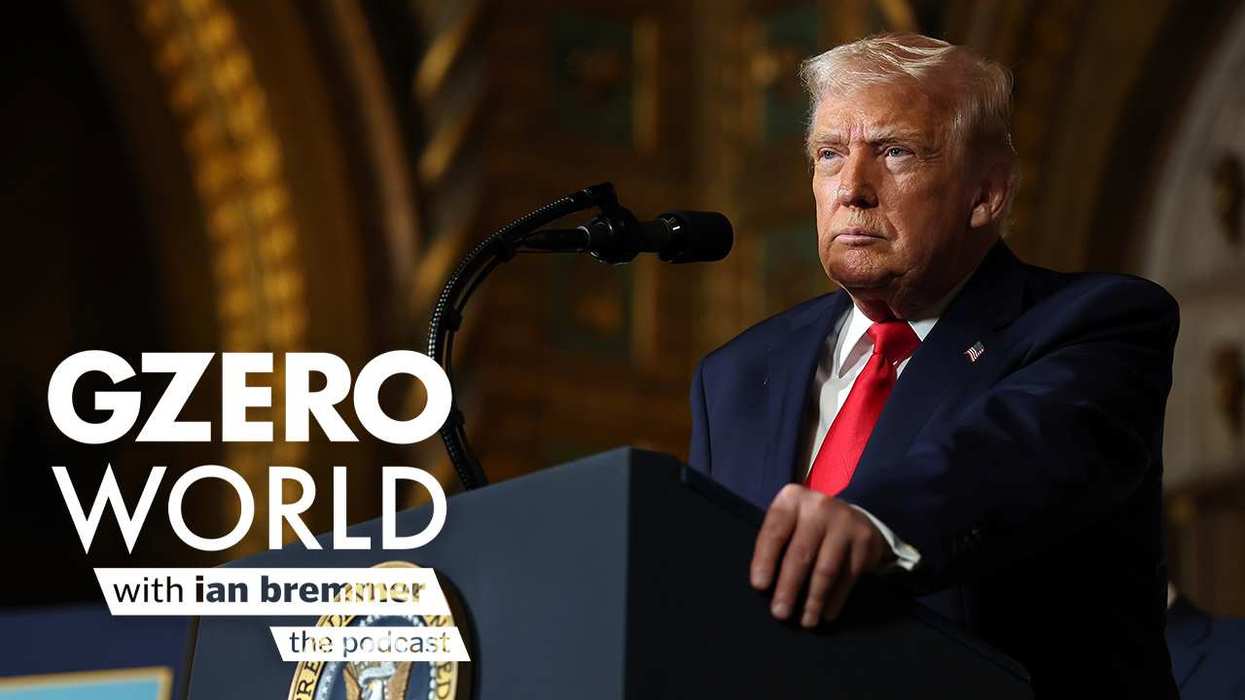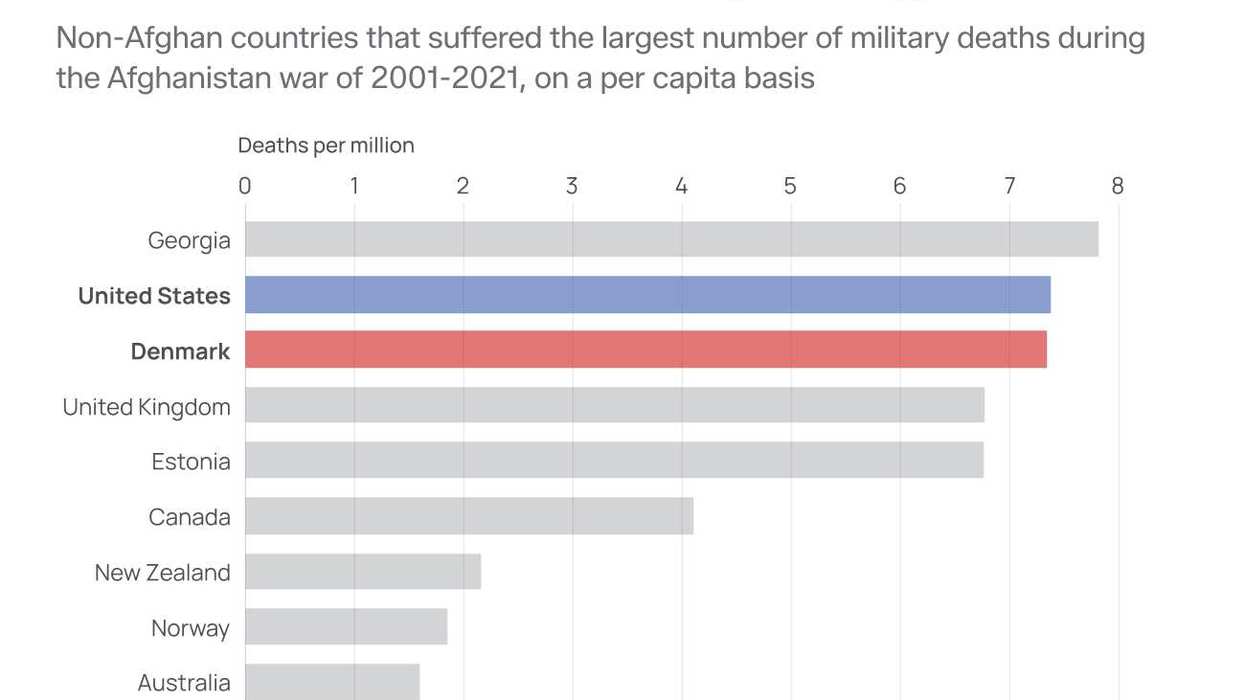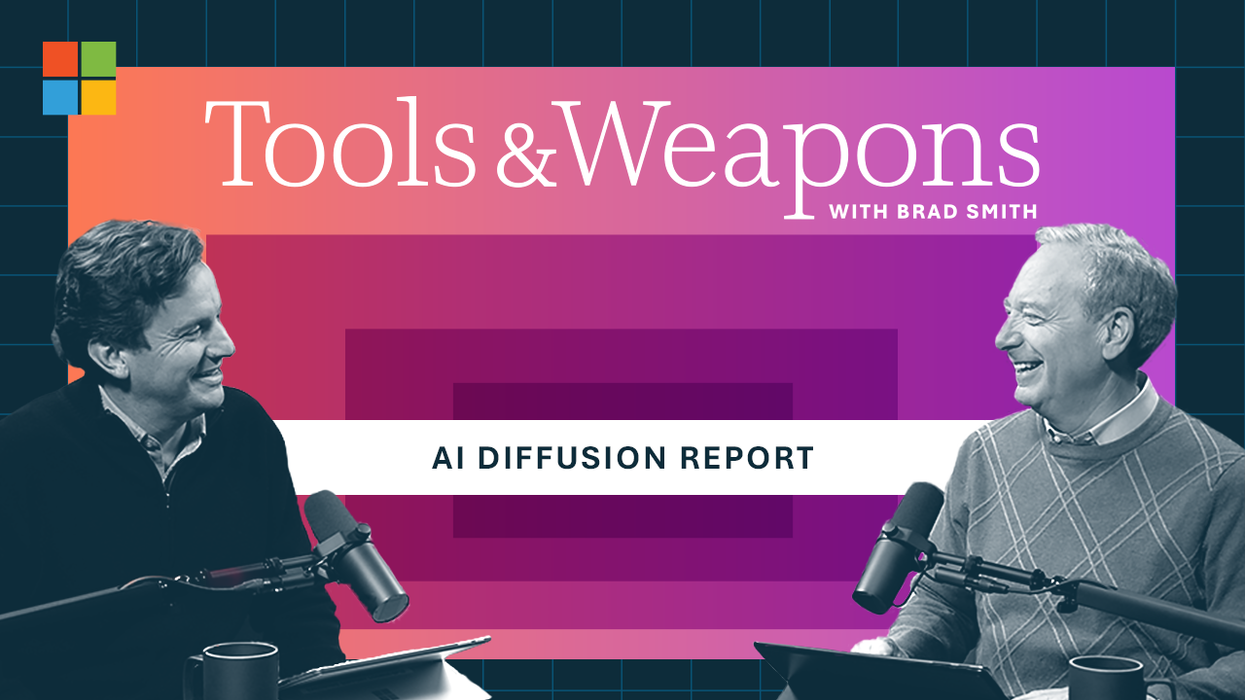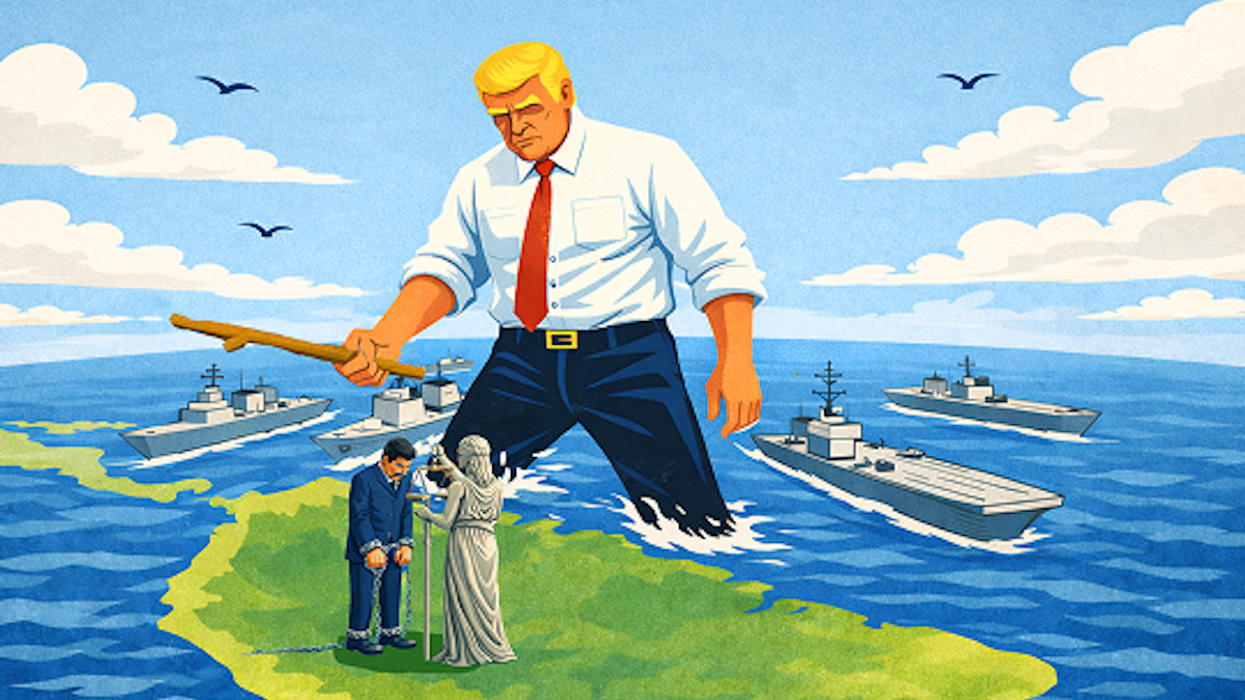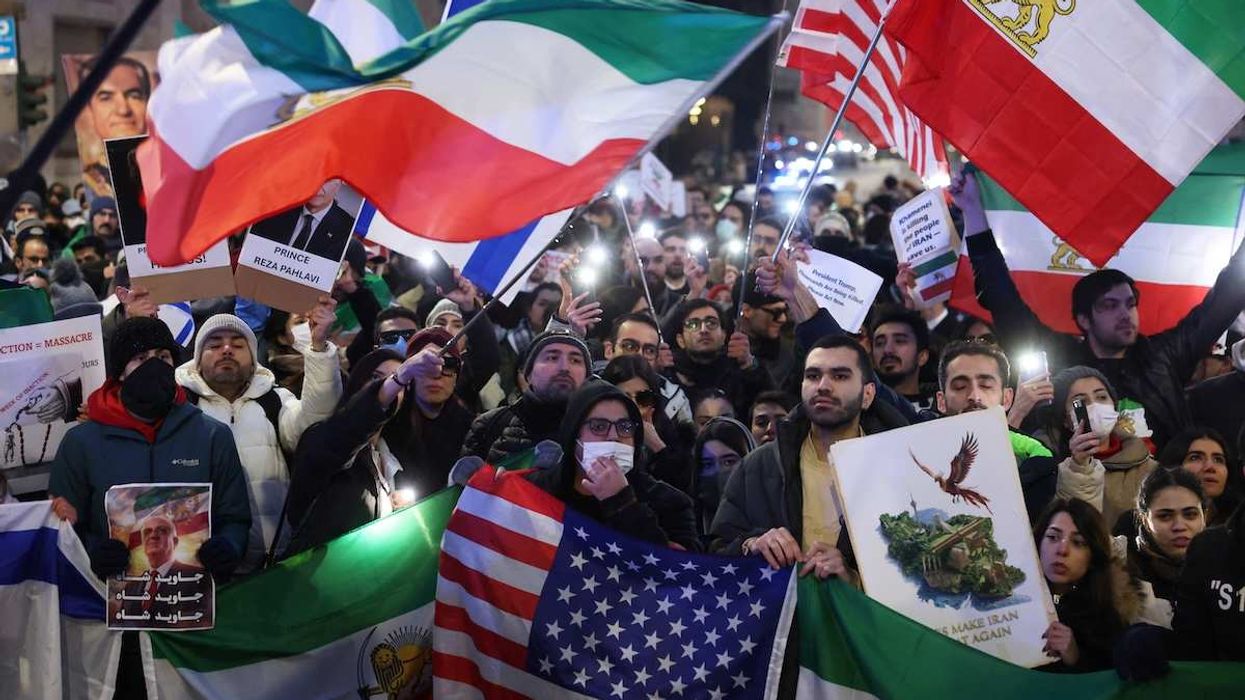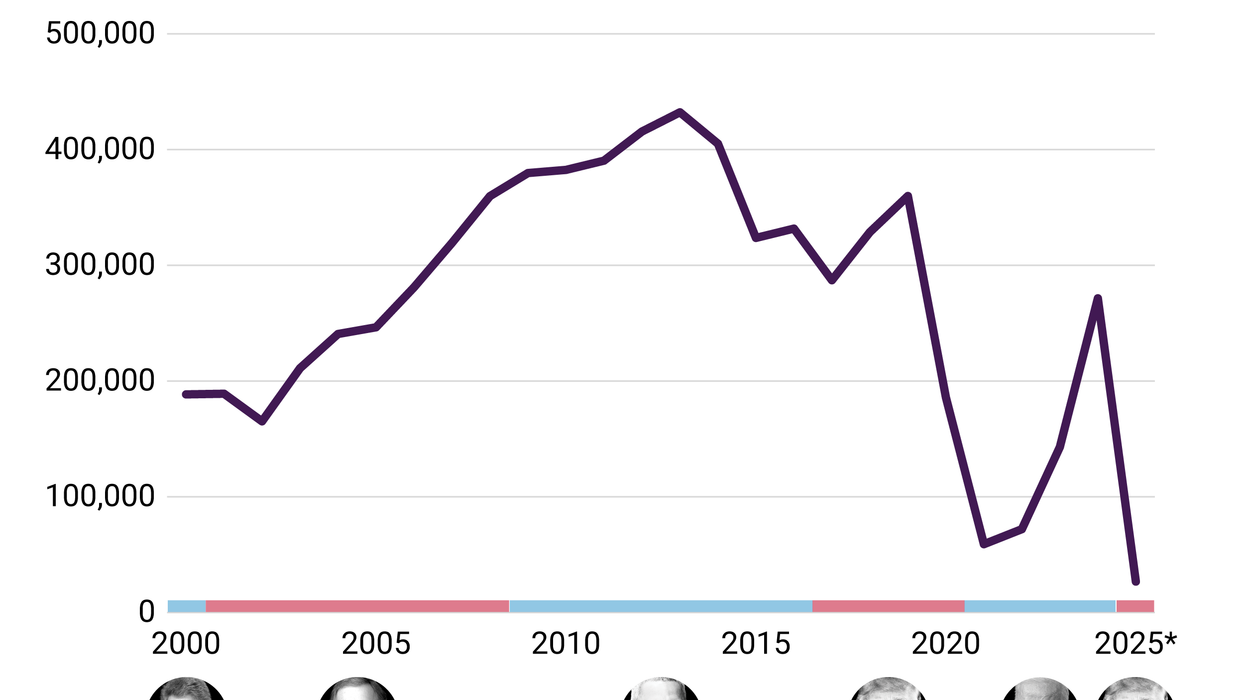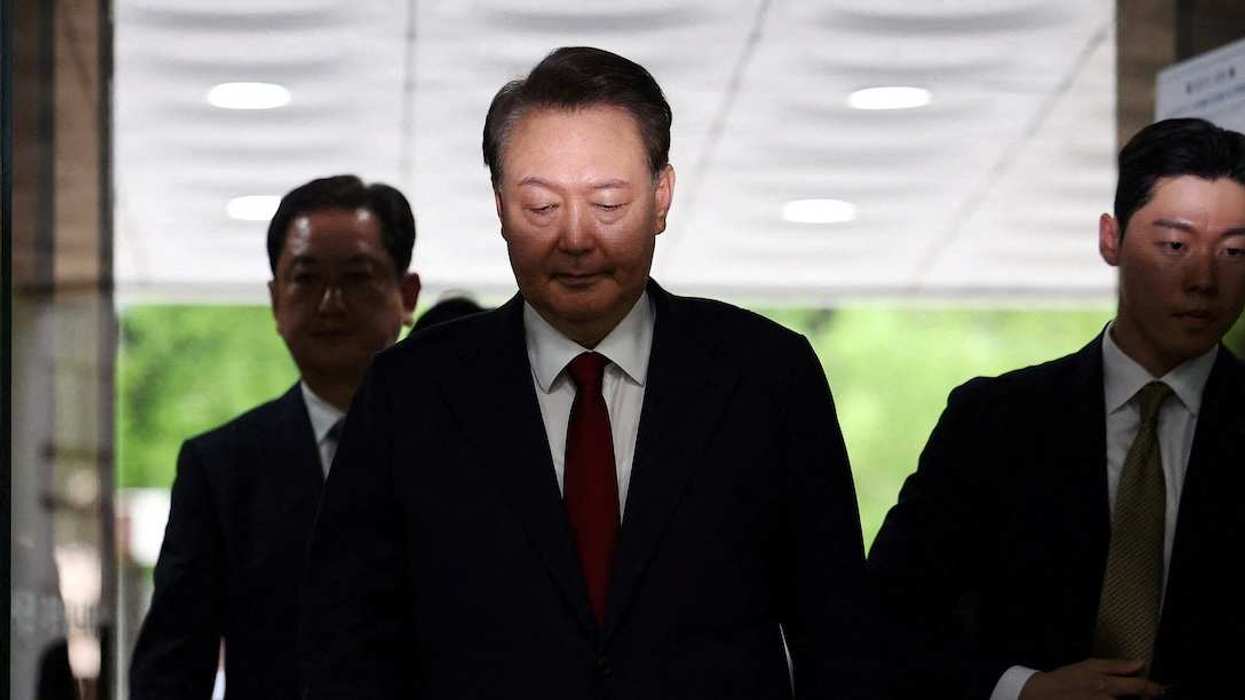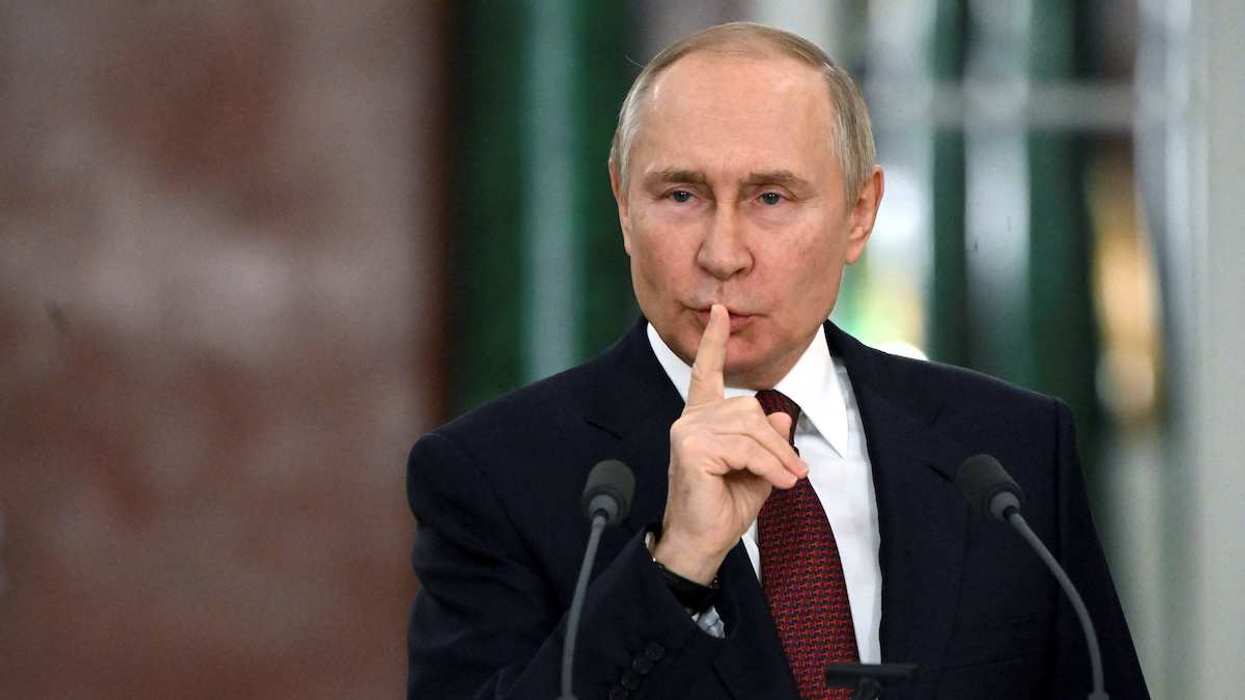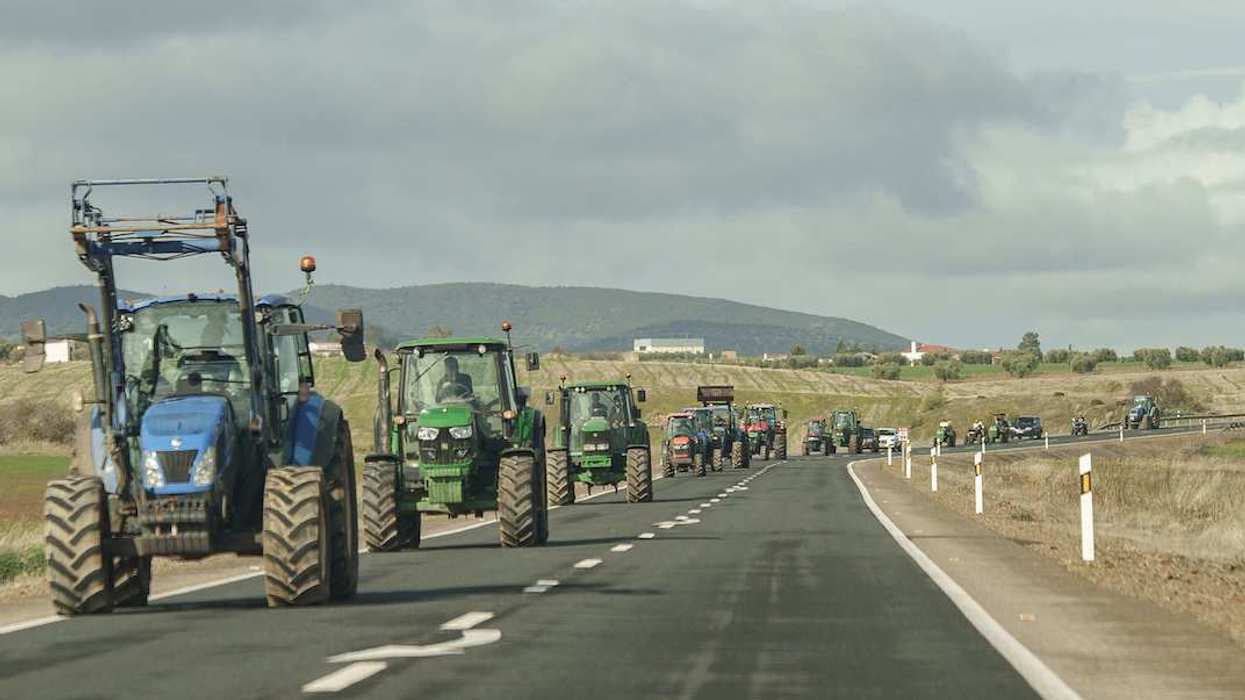"Time isn't the main thing. It's the only thing." The words of jazz genius Miles Davis are surely resonating with UK Prime Minister Boris Johnson, who flew to Brussels on Wednesday to iron out a post-Brexit trade agreement before the UK formally leaves the European Union — with or without a deal — on January 1.
While it was the first face-to-face meeting between Johnson and European Commission chief, Ursula von der Leyen, since January, it's been four years since UK citizens voted in a referendum to leave the EU. Why has this been so hard to pull off?
As we enter the Brexit homestretch, here's a look at some key sticking points.
What are the outstanding issues?
🐟 Fish . London and Brussels simply can't agree on rules governing fishing rights, which has long been an emotive political issue for many Britons who say that they got a subpar deal when London joined the European Economic Community in the 1970s. They complain that non-British boats now draw in more than 60 percent of the value of fish drawn from English waters.
The UK says that its fishing waters should be "first and foremost for British boats," but the EU wants to retain rules that allow its vessels to have full access, threatening that it will block London's "special access" to its single market. As EU boats catch fish worth around £600 million in UK waters every year, Brussels is under huge pressure from fishing communities in dozens of member states not to back down.
Level playing field. EU-wide rules and regulations — the "level playing field" — seek to ensure that no country gains a competitive edge over another. But in exchange for privileged access to the EU marketplace, Europe is now demanding that Britain not adopt new labor, environmental, taxation and other rules that might undermine the competitiveness of European companies. Brexiteers, on the other hand, are furious, arguing that adhering to EU policy and regulations negates the entire Brexit mission altogether.
There was, however, a breakthrough in recent days when the UK backed down on its plan to breach the withdrawal treaty over how it would oversee trade with Northern Ireland.
What's at stake?
For the UK, the stakes are very high. If no deal is reached by January 1, British businesses that have long benefitted from access to the bloc's customs union will find themselves facing massive bureaucratic hurdles and high costs on goods crossing borders.
This is a big deal considering the UK does more than half of all its trade within the EU, which imports 43 percent of all British goods. If no deal is reached in the next few weeks, analysts warn, Britons could soon see some staples pulled from supermarket shelves, stranded transport vehicles with nowhere to deliver goods, and a floundering manufacturing sector.
For the EU, the stakes are high. Decades of free trade with the UK that have been a boon for EU businesses could come to an abrupt end in a no-deal scenario. It could make the GDP of the EU, which has long enjoyed a healthy trade surplus with the UK, contract by 0.5 percent in the near term if European companies have to pay tariffs and meet quotas.
Importantly, the Europeans are also worried that London will cut social and environmental standards, and become a low-regulation economic competitor like China, which continues to flood the bloc's market.
Johnson's gambit. The British PM has long been playing hardball with Brussels, but times are a'changin: popular discontent over Johnson's botched pandemic response has left him with diminished political capital to make painful concessions. (Johnson currently has a net approval rating of -18 percent.)
Johnson wants to have his cake (scone) and eat it too. He is pushing for a post-Brexit agreement that allows London to retain access to the EU single market, while also setting its own rules and regulations. The EU, meanwhile, desperately wants the UK to compromise. Who will blink first?
